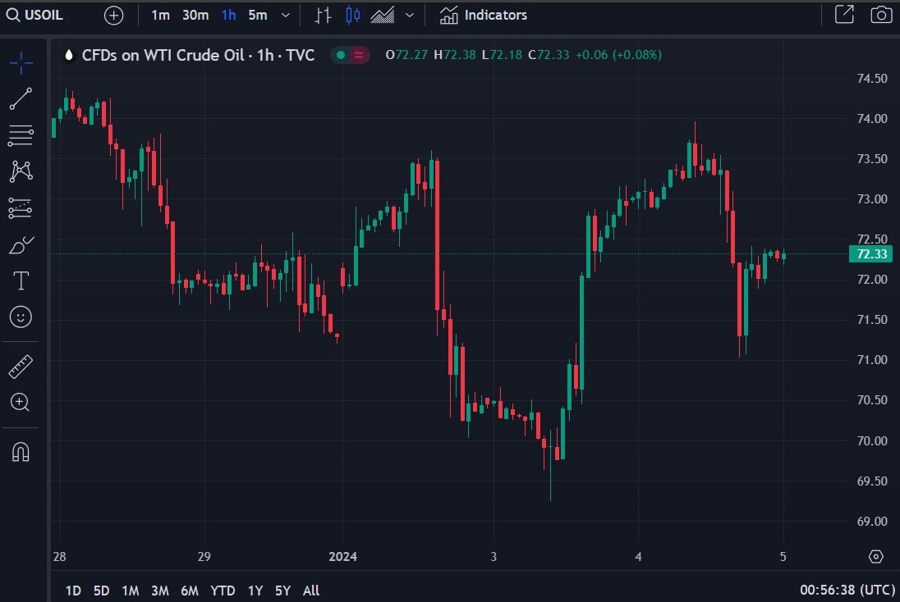The Military Plans to Strike Back at Iran-backed Houthi Militants
Political Tension in the Red Sea Region
The military is drafting plans to hit back at Iran-backed Houthi militants who have been attacking commercial shipping in the Red Sea, according to three U.S. officials with direct knowledge of the discussions. That includes striking Houthi targets in Yemen, according to one of the officials, an option the military has previously presented.
Info comes via Politico, Biden administration officials are drawing up plans for the U.S. to respond to what they’re increasingly concerned about the militant activities in the region, specifically targeting commercial vessels passing through.
Rising Tensions and Concerns
The escalating conflict in the Red Sea is raising concerns among U.S. officials, who fear further disruption to international shipping routes and potential threats to regional stability. The Houthi attacks have already caused significant damage to several ships and have led to increased calls for a response from the international community.
The Biden administration is faced with the challenge of balancing the need to protect commercial interests in the region with the risk of escalating the conflict further. Military action against the Houthi militants could provoke a larger conflict with Iran, which supports the group, and further destabilize the region.
As discussions continue within the administration on how to address the situation, there are no easy answers or clear solutions. The U.S. military is preparing for potential military strikes against Houthi targets in Yemen, but the risks and potential consequences of such actions are significant.
How This Will Affect Me
As tensions rise in the Red Sea region and the possibility of military strikes against Houthi militants increases, there could be a direct impact on the shipping industry and global trade. Increased violence in the region could lead to higher shipping costs, delays in deliveries, and disruptions to supply chains.
For individuals who rely on goods and products transported through the Red Sea, this could mean higher prices, shortages of certain items, and potential economic instability. The situation is fluid and evolving, but it is important for individuals to stay informed and be prepared for any potential impact on their daily lives.
How This Will Affect the World
The military plans to strike back at Iran-backed Houthi militants could have far-reaching consequences for the world. A conflict in the Red Sea region could escalate tensions between the U.S. and Iran, potentially leading to a wider military confrontation in the Middle East.
Such a conflict could have global implications, affecting international trade, energy prices, and regional stability. The risk of a broader conflict involving other countries in the region is a major concern for world leaders, who are closely monitoring the situation and urging all parties to exercise restraint.
Conclusion
The military’s plans to strike back at Iran-backed Houthi militants in the Red Sea region are a troubling development that could have significant implications for both individuals and the world at large. As tensions continue to rise and discussions on potential military action progress, it is important for all parties involved to consider the risks and consequences of their actions carefully. The situation is complex and volatile, and it is essential for diplomatic efforts to be prioritized in order to prevent further escalation and promote peace and stability in the region.





